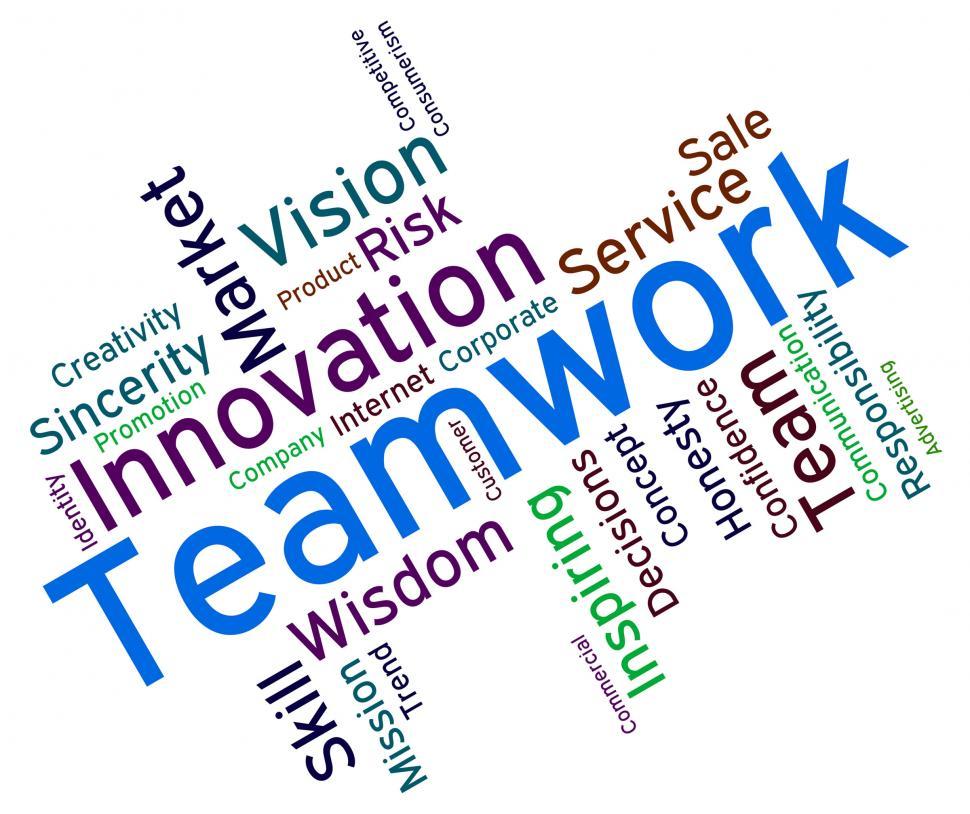
About Us
Our mission at FTZ is to provide students with introduction level requirements and awareness to professional careers outside of a traditional educational environment.
Contact usContact Us Today
- 145 fleet st #233 National Harbor, MD 20745
- 240-935-1802
- info@functionaltrainingzone.net
- Monday-Friday: 9:30am-4pm
- Home
- Networking
- Chris The Grad
- 0 Comments
- November 18, 2023

By: Chris The Graduate
What is networking? How does it work? Why is it so beneficial? Networking is like dating, it’s all about finding a good match and making it last. And if it doesn’t work out, there’s always Match.com! But being a college student, I am starting to realize how important it is to talk to people and expand your mental contacts. It can be challenging to do it successfully. It is crucial to develop networking skills as a young person seeking a career among many professionals in the field. Networking allows you to build meaningful relationships and learn from other people’s experiences. It also provides the opportunity to create meaningful connections that can lead to future job opportunities. But how can we be realistic?
So networking in my eyes is getting common ground with and communicating with professionals and all other types of people to receive information. Networking is a two-way street, so providing value when communicating with others is important. By sharing information, advice, or resources, you can create a mutually beneficial connection that will benefit both parties in the long run. Additionally, networking is a great way to gain insights into the industry or field you are interested in and find mentors and other people who can help guide you in your career. But let’s be real, this isn’t as easy as it seems. Some people just decide not to add to the conversation or even just are not interested. But don’t worry, you can always just walk away and start talking to the person next to you!
Now of course, in order to network, you need a gathering of multiple personnel. This is why attending events or conferences is a great way to meet people. You can also join online communities or professional organizations. Additionally, you can always reach out to people you admire or know through your existing network. For instance, you could contact someone you’ve met through a mutual friend, or you could connect with someone you’ve met at a conference or industry event. You can also join a professional network like LinkedIn or attend online networking events. Finally, you can always try cold contacting people by sending them an email or a direct message on social media.
My personal experience with networking is a perfect example. Before actually starting college, I attended orientation. At this event, I got to tour the college and get comfortable with the environment. But a major thing that I got to do was talk to upperclassmen and talk about what I could expect coming into college as a freshman. They all communicated what I needed to do in order to be successful. Also with this, they told me what not to do and how to stay focused and enjoy my time in college. And for only having a 15-minute conversation I learned so much and gained contact information just to help me in the long run
Overall, networking is beneficial in so many ways as long as you put yourself in the right position. Networking can also open up new opportunities, such as job offers or potential collaborations. It’s important to remember that networking is a long-term strategy, and you won’t get results overnight. But by staying consistent and being proactive, you’ll be sure to see results. Furthermore, networking can provide you with valuable feedback and support from others in your field, helping you remain engaged and connected. And don’t forget to have fun along the way! Networking should be an enjoyable experience, and it’s worth taking the time to build meaningful relationships with like-minded people.
Written by


Leave a Comment